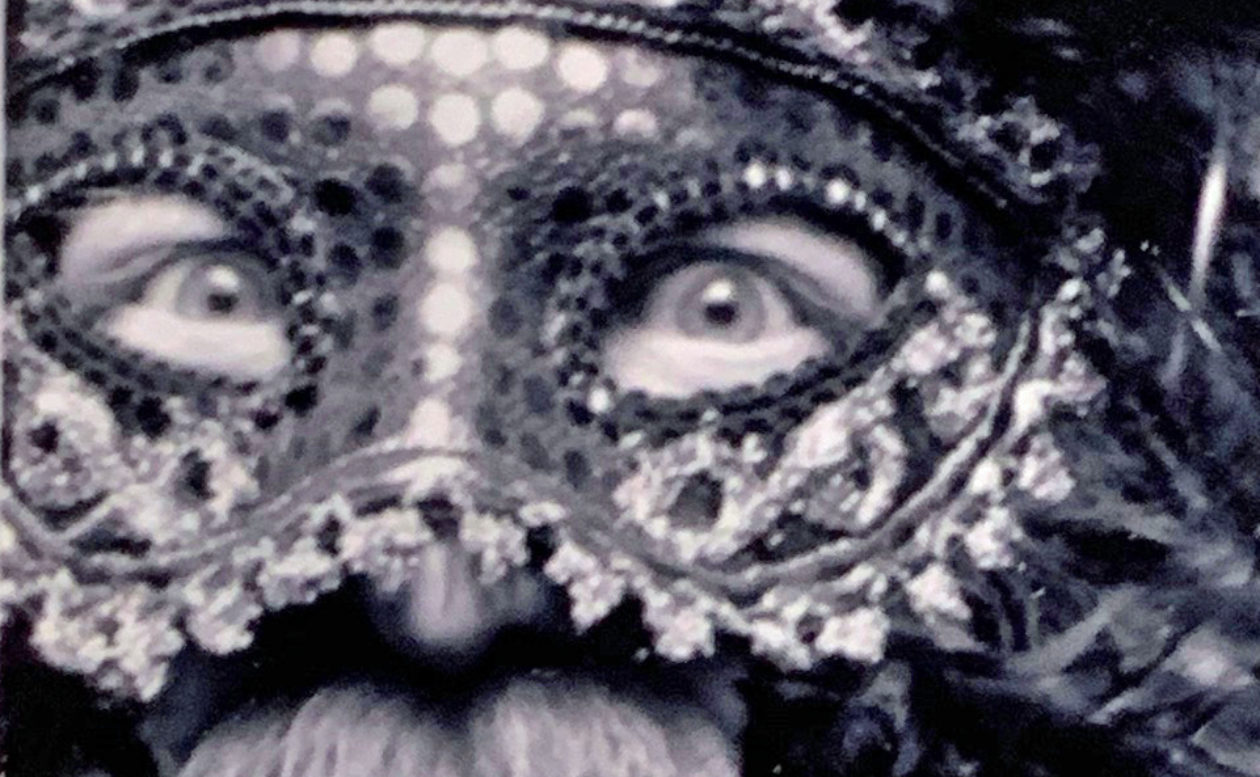Before a thing exists, we don’t know it’s a thing.
Before radio, we didn’t know what radio was.
Before TV,
Before atomic bombs,
Before rockets,
Before me.
After a thing exists we know it’s a thing.
We know what made the thing
and we can name it:
a ram jet makes sonic booms,
CO2 makes global warming,
my mom + dad makes me
(it is an uneven task).
It’s when we keep going backwards,
that things get awkward.
What made mom + dad?
What made a ram jet?
What made CO2?
Eventually we must ask:
Is there a time before everything?
Before steel?
Before carbon?
Before atoms?
Before matter and energy?
Abrahamic religions tell us that nomadic desert dwellers
from thousands of years ago
had already asked that question.
Their answer was: God,
YAHWEH.
They found a thing called God
And they named it: YAHWEH.
More precisely, the voice of YAHWEH.
The Word.
God spoke and it all became.
Before that, Babylonians recorded a tale
wherein the great god, Marduk
battled the goddess, Tiamat
and that struggle created the Earth and its people.
Or, specifically, the body of the defeated goddess
is used to make the sky and the earth,
her tears form the great rivers
and her son, (who is also her spouse?)
contributes his blood to make people.
Of course, the story doesn’t tell us
how the warriors and her son,
and all the other gods who were watching
came to be
except they were divided out of other Gods
Before them.
It’s always the same:
Someone or something
has a thought.
He or she, but usually He, speaks
or fights
or commands
the Earth,
or the land and sky,
or the earth and the heavens
to come into existence
and all that follows is called “after.”
Science tells this story too:
In the beginning,
The Universe
(a far larger story, they say)
does not exist.
It is “before.”
It is before time or space or things.
And then something unknown/unknowable happened.
It is named The Big Bang.
We do not know what caused it,
Or what “it” was,
Or where “it” was.
Or when “it” was:
Some scientists say,
“13.787±0.020 billion years as interpreted with the Lamda-CDM concordance mode,”
and a few others say
“A little less according to the background microwave radiation measurements of Plank.”
Howsomever,
All these calculations took place “after.”
And now there are things,
and now there is space,
and now there is time.
All of that happened in a twinkling of an eye.
The story continues today.
This is “now”
and we don’t know what is “after after.”
And we won’t know until…after.
Some say BOOM;
Some say freezing in the dark,
but both leave space and time
And matter lingering.
…unless the clock can tick backward
or runs in circular time.
If that is the case
we are looking for the beginning of a circle.
Modern atheists
(and nihilists),
or even ancient ones, as far as I know,
made their own sounds against that small voice.
“But what of before?”
And
“What of after?”
That voice with that question
does not create anything,
Or at least it hasn’t yet.
Apparently only mythological gods die;
the Earth abides…
until it doesn’t.
[85]





